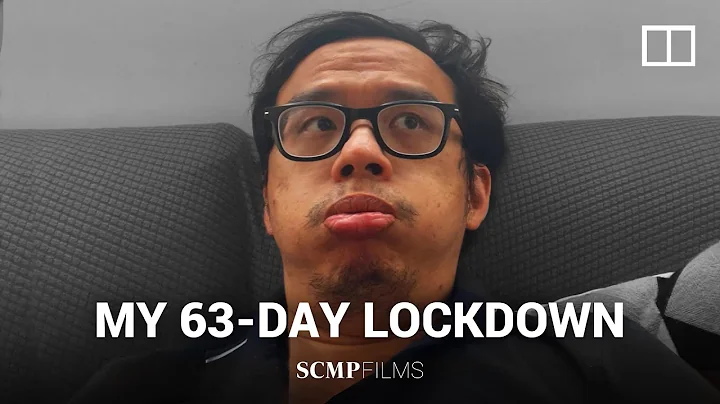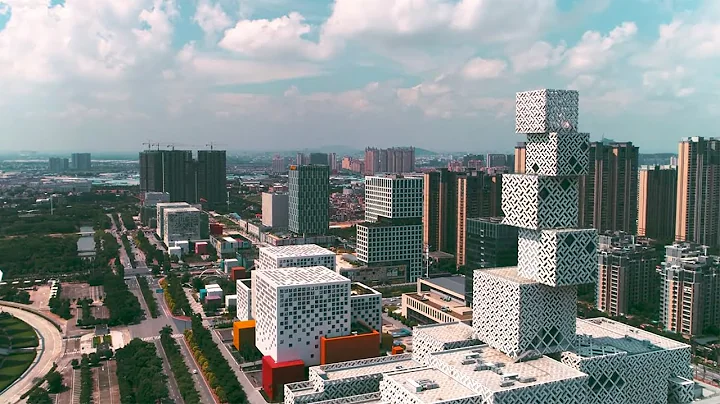With the epidemic in Shanghai under control
Many regions have recently relaxed
restrictive policies on people coming from the Shanghai area
Especially those around Shanghai
Jiangsu, Zhejiang, Anhui and other places
have adjusted the health management of people coming (returning) from Shanghai. Measures
Personnel exchanges between major cities in the Yangtze River Delta region have gradually resumed
Hotels in 8 places in Jiangsu have received Shanghai guests
The reporter learned that Suzhou , Nanjing, Wuxi , Changzhou , Yancheng , Yangzhou in Jiangsu Province , Huaian and Taizhou8 cities have adjusted their epidemic prevention policies for residents with a history of living in Shanghai.
The policy adjustments in these cities are generally similar. They mainly divide people leaving Shanghai into two categories. One is people who have lived in towns (streets) located in medium- and high-risk areas in Shanghai within 14 days, and the other is people from other low-risk areas in Shanghai. Different epidemic prevention policies are implemented for the two categories of personnel, and it is no longer a unified "7+7" one-size-fits-all policy.
So
can citizens in Shanghai's low-risk areas
travel smoothly?
The reporter selected
eight star-rated hotels in the above eight cities
and conducted detailed inquiries
and found that local policies
have different definitions of "7-day health monitoring"
Whether to receive tourists from Shanghai
There are also differences in the specific implementation Requirements
Of which
hotels in Yangzhou, Taizhou and Huai'an all stated
that they are currently unable to receive tourists from Shanghai

Yangzhou Slender West Lake Hot Spring Resort said that they had just inquired the community. Although the latest policy has come out, in actual operation, Yangzhou will Visitors from Shanghai are being urged to return, so the hotel cannot receive Shanghai guests.
Taizhou R&F Wanda Realm Hotel stated that according to the latest policy, people coming to Taizhou from low-risk areas in Shanghai can implement 7-day home health monitoring, but health monitoring can only be done at their fixed residence in Taizhou, not in hotels.
Huai'an Kaiyuan Mingdu Hotel stated that currently, the "7+7" quarantine policy is still implemented for visitors from Shanghai, no matter what district they are in. The hotel can only receive the isolation report after receiving the quarantine release report.
The remaining five cities indicate that they can receive guests from low-risk areas in Shanghai. Check-in requires a negative nucleic acid report within 48 hours, a health code, and a green itinerary card. However, the specific implementation includes whether to implement 7 days of home health. Monitoring, there is a difference.
Suzhou W Hotel stated that if you are coming from a low-risk area in Shanghai, you need to report to the local community and police station 2 days in advance, and you can check in only after approval. 7-day health monitoring is implemented when staying in the hotel. You need to stay in the hotel for 7 days, and conduct a nucleic acid test on the 1st, 2nd, 3rd, and 7th days.
Nanjing Ritz-Carlton stated that it can receive guests from low-risk areas in Shanghai and implement health monitoring after check-in. It is not required to stay for 7 days, but they must go to a fixed nucleic acid testing point for testing according to the prescribed frequency. During your stay, you can freely enter and exit the hotel without restrictions, but you cannot enter Nanjing's shopping malls, scenic spots and other public places.
Wuxi Suning Hyatt Hotel stated that people coming from low-risk areas in Shanghai need to report in advance on the "Lingxi" APP 2 days in advance. Health monitoring will be implemented for 7 days after check-in. If the stay is less than 7 days, nucleic acid testing will be required every day. During your stay, you can freely enter and exit the hotel without restriction, but access to some public places in the city will be restricted.
In comparison, hotel regulations in Changzhou and Yancheng are relatively loose.
Changzhou Global Harbor Cruise Hotel stated that it can receive guests from low-risk areas in Shanghai. A nucleic acid report within 48 hours is required for check-in. Guests can enter and leave the hotel freely. They must scan the venue code to enter urban public places and may be restricted.
Yancheng Marriott Hotel stated that for guests staying in low-risk areas in Shanghai, firstly, they need to provide a nucleic acid report within 48 hours, and secondly, the host community needs to issue a certificate of departure from Shanghai. Guests entering restaurants, swimming pools and other public places need to provide a 48-hour nucleic acid certificate. , others are not restricted.
In fact, it is not just the Yangtze River Delta region.
Policies have been relaxed in many places.
A refined white list has been formulated for Shanghai’s travel history.
No one size fits all.
Gansu has resumed inter-provincial group tours and “aircraft + wine” business.
The northwest region is a hot spot for summer travel. land. Recently, Gansu Province has adjusted its prevention and control measures for epidemic imports from outside the province and resumed inter-provincial team travel and "air tickets + hotel" business in epidemic-free provinces and low-risk areas in epidemic-affected provinces.

For tourists departing from Shanghai, as long as there are no medium or high-risk areas in their area, they only need to provide a 48-hour nucleic acid certificate, undergo a nucleic acid test on arrival, and sign a relevant commitment letter before they can pass normally.
However, reporters found that various cities in Gansu Province implement prevention and control policies at different scales.
Among them, Lanzhou does not restrict low-risk streets in Shanghai, just green code. The reporter consulted some Lanzhou hotels: Lanzhou Hyatt and Crowne Plaza both stated that they can receive tourists from Shanghai's low-risk streets. They can bring their nucleic acid within 48 hours to Lanzhou, undergo a nucleic acid test on arrival, and then do the nucleic acid test themselves after checking in (if not) It may become yellow code).

If you want to go to Dunhuang , the reporter consulted Jiuquan City 12345 hotline and learned that if you are traveling to Dunhuang from a low-risk area in Shanghai and the 14-day itinerary does not involve key areas, you did not need to quarantine before. However, due to the epidemic a few days ago, Changes, control measures have been improved.
Even if you travel to Dunhuang from a low-risk area in Shanghai, you need to report to the local prevention and control office 3 days in advance. After arrival, you need to conduct home health monitoring for 3 days. If you do not have the conditions to stay at home, you need to undergo centralized quarantine for 3 days. If you are not going directly to Dunhuang, but are transferring from Lanzhou or other places, you will also need to provide a local quarantine release certificate. If not, you will also need to undergo 3 days of home health monitoring.
Shandong relaxes policies and cancels one-size-fits-all policies
Yesterday, Shandong issued a health reminder, relaxing restrictions on Shanghai’s residence history and no longer controlling the entire Shanghai area.

The reporter called a number of hotels in Jinan, Qingdao , Yantai , and Weihai for consultation. Except for a few hotels that do not accept tourists with a history of living in Shanghai, there are hotels in Jinan, Qingdao, Yantai, and Weihai that say they can receive them. People with a history of living in low-risk streets and towns in Shanghai, but different cities have different nucleic acid requirements upon arrival (three tests in 7 days, two tests in 3 days, and three tests in 4 days).
For example, Shangri-La in Jinan can receive people with a history of living in low-risk streets in Shanghai, but it needs to report three days in advance and requires three inspections every seven days.
Hainan policies are relaxed again!
Hainan updated the list of epidemic control areas yesterday.


In the past two days, some netizens from Shanghai flew to Hainan and shared the specific process: on the flight from Shanghai to Hainan, you need to fill out an "Control Informed Consent Form" and proactively declare whether you have a history of living in key epidemic areas.

Fill out a passenger information registration card after landing.

Generally, if you are in an epidemic-affected area, you will be given a card. You can use the card to take samples (nasal swab) and wait for the results at home. After 3 days and 2 tests, you can move around freely.

*!
reminder! remind! remind!
Finally, I would like to remind everyone to check the latest local epidemic prevention policies in advance before traveling. Prevention and control policies will change as the epidemic situation changes, and policies in different cities in the same province may also be different. It is recommended that tourists consult before departure to avoid delaying their trip.
In addition, remember to call the hotel before traveling to check whether the hotel can accommodate you and check the nucleic acid requirements. Only go if you confirm that there is no problem!
information: Xinmin Evening News
editor | Yu Luoyin
editor | Cheng Jiayu





















